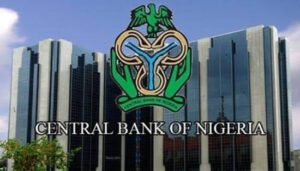
Alarm over national debt unnecessary — DMO
The Debt Management Office (DMO) says the alarm created around the country’s projected public debt by a segment of the media is unnecessary.
The Director-General, Mrs Patience Oniha, said this in a statement to react to reports by a segment of the media that the next government would inherit N77 trillion debts.
Oniha stated that Nigeria’s debt would only attain that level when the Ways and Means Advances from the CBN are securitised.
According to her, the securitisation of the Ways and Means Advances will enable the DMO to include the debt in the public debt stock thereby improving debt transparency.
At the public presentation of the 2023 Appropriation Act, Oniha had explained the projected debt stock using the actual public debt stock of N44 trillion as a basis.
She stated that the total debt stock included external and domestic debts of the Federal Government, the 36 State Governments and the FCT.
“Taking into account a number of ongoing activities, the total public debt stock; that is the external and domestic debts of the Federal Government, the 36 State Governments and the FCT would be about N77 trillion.
“The debts that will be added to the public debt data in 2023 include the N1 trillion Ways and Means Advances to finance the supplementary budget.
“This has already been approved by the National Assembly (NASS).
“It also includes N22.72 trillion Ways and Means Advances currently under the consideration by the NASS.
“The projected debt stock for May 2023 also includes N5.567 trillion, representing about 50 per cent of the new borrowing of N11.134 trillion in the 2023 Appropriation Act.
“It also includes new Promissory Notes estimated at N1.5 trillion to be issued to settle arrears of the FGN and judgement debts,” she stated.
According to her, also included are estimates for new borrowings by State Governments and the FCT.
“From these figures, it is clear that the Ways and Means Advances of N22.72 trillion which represents funds already spent, is the largest source of the increase,” Oniha stated.



